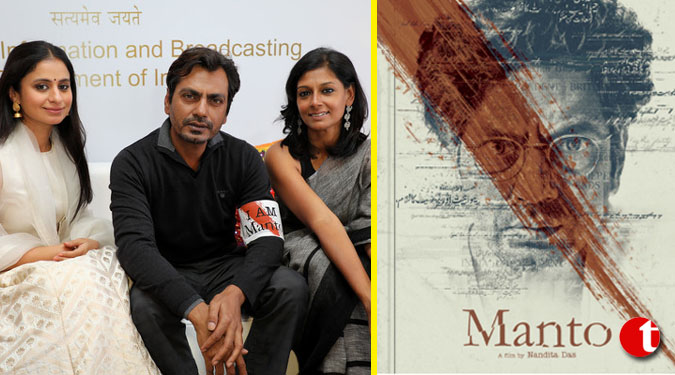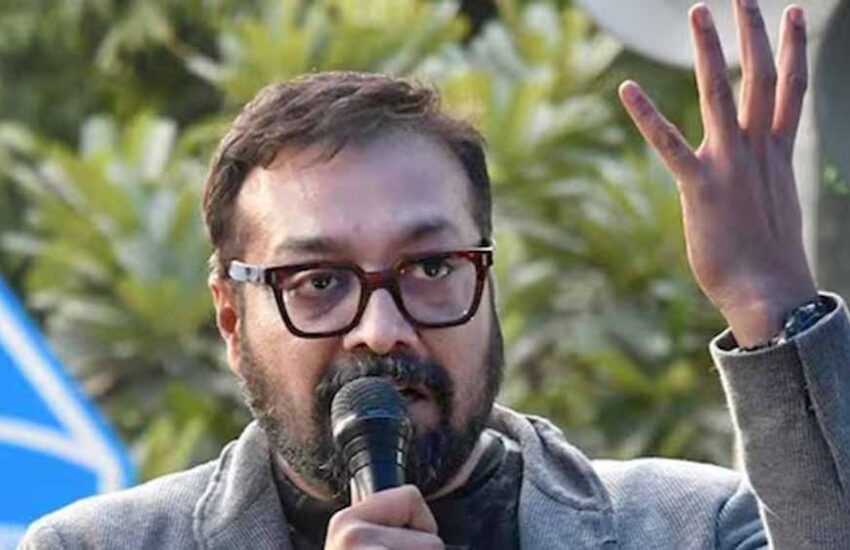TIL Desk Bollywood/ Based on the notion of the freedom of expression, Indian filmmaker Nandita Das’ film “Manto” — on the life of maverick writer and creative rebel Saadat Hasan Manto — seems to have hit the jackpot with timing, given the issue is a hot topic not only in India but also the world at large. She says the aim was to awaken the Manto within everyone to be truthful and courageous.
“Yeh zaroori hai ki zamaane ke karvaton ke saath, adab bhi karvat badle (It is imperative that as society changes, the arts also evolve).” Manto made this statement in his own defence, in one of his numerous court appearances for obscenity in his literary works. The stories in question were set against the backdrop of the Partition of India which shattered the lives of millions of innocent participants.
In short stories such as “Toba Tek Singh”, “Khol Do”, “Thanda Gosht”, the brutal and unbearable truths about this tumultuous time in the subcontinent’s history are served up to readers like a punch to the face. To this day, Manto’s body of work, which includes fiction, movie scripts, essays and radio plays, are considered an honest account of the times.
In recent weeks, Nandita’s film “Manto” has had a tremendous response at Cannes and at Sydney as it does the film festival circuit before coming to India in September. “The reason I did this film was because I wanted to respond to what was happening around us. It’s not just freedom of expression: the identity politics being played out currently is dividing us on the basis of race, religion, skin colour, gender and language. Manto’s humanism kind of transcends all of that.



